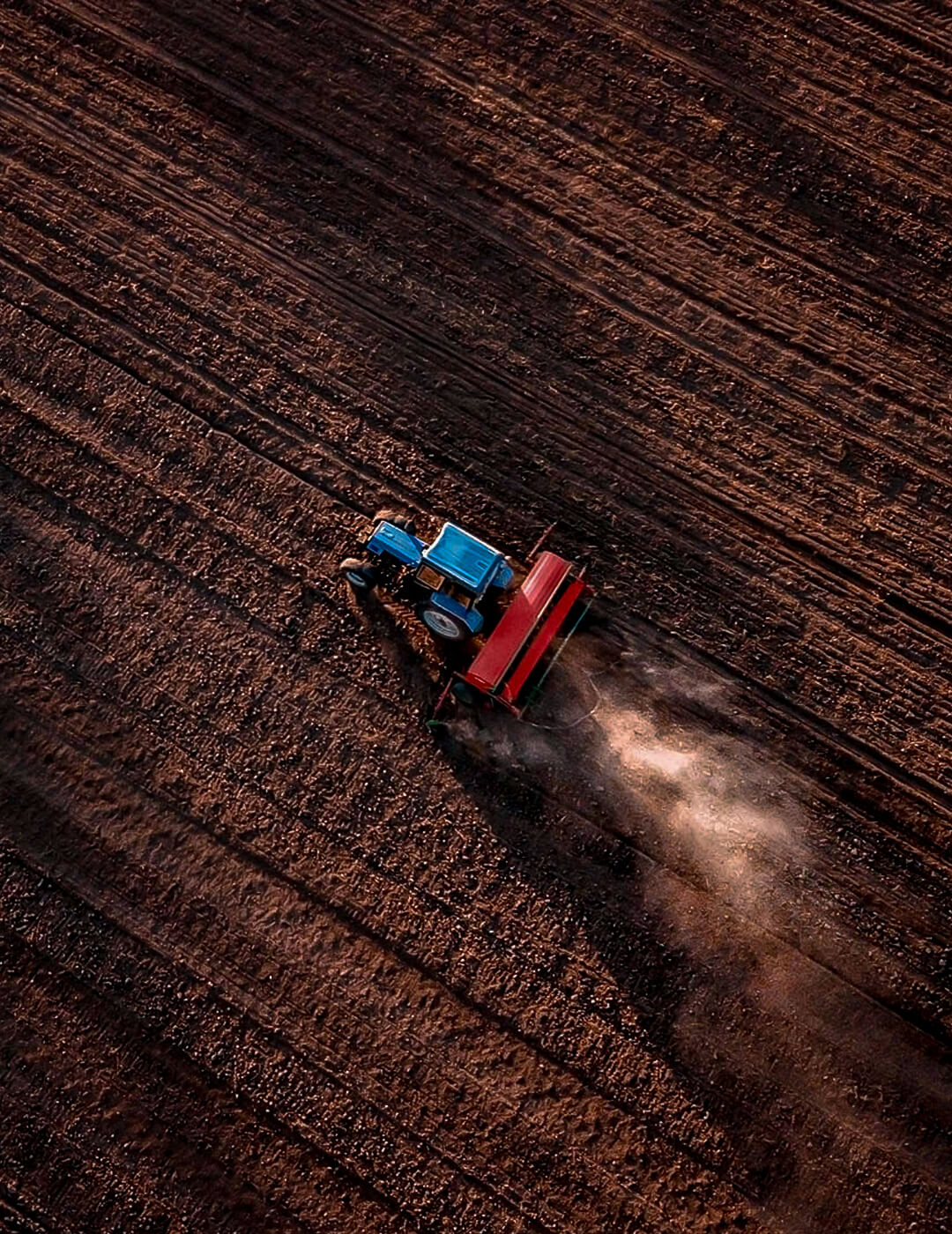2
In this edition of Il Bisonte Journal our tour of Fiorenzo Caspon’s land comes to an end. Can Poetry do anything to help us take care of the environment and free us from thinking only about profit?
I continue my walk with Fiorenzo, who guides me through the stands of trees that had been uprooted, salvaged and returned to the earth. We haven’t stopped talking for even a moment. And his tone has always been aggressive. He is a farmer in action; his hands are willing to work the land for the right causes. But he is certainly also a man of thought: “Everything you see” he tells me, “has been specifically planned out: first I design the rows and then plant new trees in the holes.”
So I think I’ll find myself in a modern garden that has replaced the main villa with metal sheds, and the playful labyrinth of hedges with irrigation channels; a place that hasn’t leveled acres upon acres on the outskirts of some capital, but instead has carved out fields in the midst of the lower agricultural area of Treviso. Essentially: a garden where one is free to imagine, as was once ancient custom (not like now where one’s gaze is forcefully directed from one point to another in certain public gardens).
Fiorenzo interrupts this thought by saying: “This one you see here was a field designated for industrial purposes – it was worth a fortune. I could have expanded my factory all the way up here. But I downgraded it.” His studied pause invites me to ask: “How come?” “To cultivate it! To take care of it myself. I don’t want to die surrounded by warehouses.” He goes on: “For decades the environment has been living in a state of emergency, but few people really realize it. And do you know why? Because they don’t know how to stop and look, or see anything other than profit. We are unable to free ourselves from this cage. The environment needs something different.” It needs generosity.
